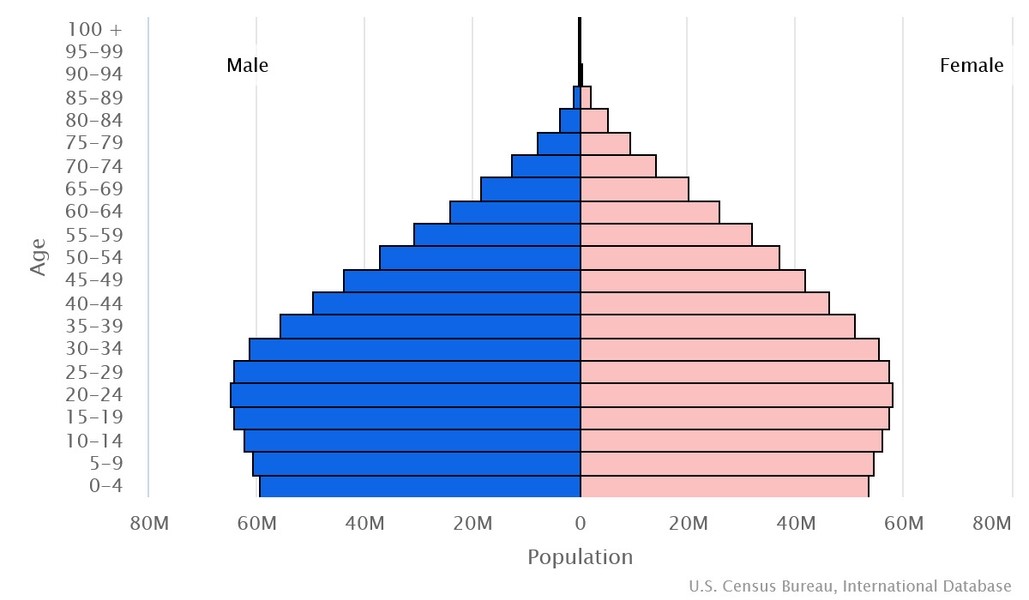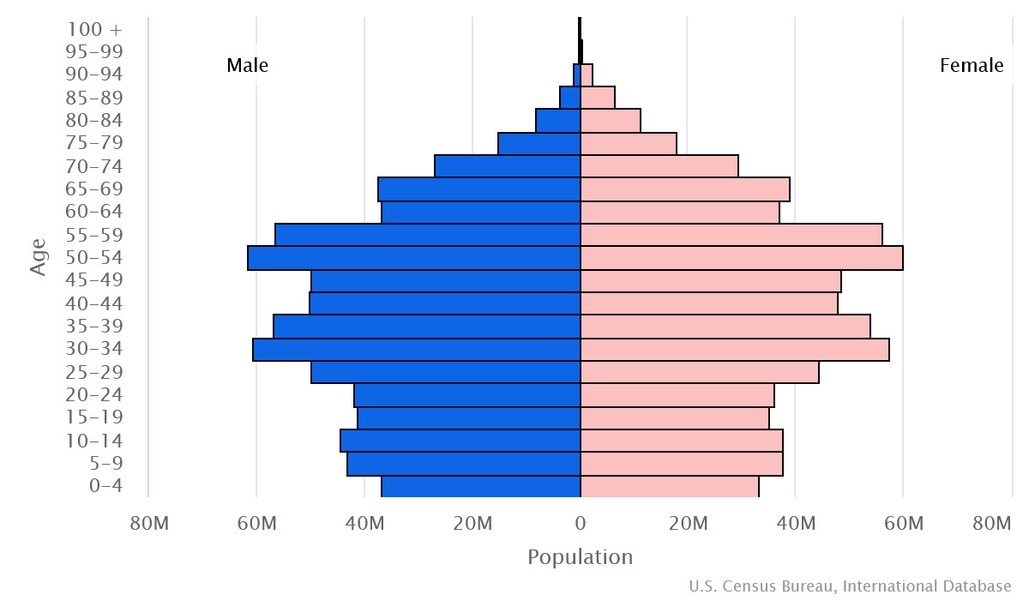As The Wall Street Journal‘s editors put it in their editorial last Tuesday, nothing is stopping the
Securities and Exchange Commission and prosecutors from finding [regulatory] meaning in statutory penumbras.
Now the SEC is manufacturing a rule based on nothing but the æther in SEC Chairman Gary Gensler’s mind. Gensler has hailed into court a pharmaceutical company employee for the “insider trading” crime of trading in options on the stock shares of another pharmaceutical company, a company about which the man had no insider information at all. Not a whit.
Gensler, however, in plumbing the depths of his shadowy æther, has claimed to have found something in a penumbra of Federal law and Court decisions regarding insider trading. The man he’s charging knew from an employee-broadcast email from his company’s CEO that his company might be about to be acquired by another company—not the company in which our man did his trading.
Poof—Gensler has waved his hands and conjured an insider trading beef centered on no insider trading information at all. As the WSJ noted,
Federal law doesn’t explicitly ban trading on confidential information. But courts have said that insiders defraud companies by “misappropriating” private information for personal gain.
It’s in the phantasmal penumbra of “private information” that Gensler has conjured his offense: private information in one company (not even that private, it was a company-wide email that revealed the potential for an acquisition of the employee’s company) casts a shadow over other, Gensler-unspecified, companies, and so brings those other companies into the reach of one company’s allegedly private information.
And this, regarding those chimeric penumbras[1] of which too many of our courts still claim to see:
If something is in a penumbral region, it is not in the text. If it is not in the text, it does not exist …. If it does not exist, a judge cannot rule on it. If in the end, all a judge can do after carefully reading the text is go more than a toe’s dip into its shadows for meaning, then he must not go in: he must rule a lack of governing statute or strike the statute for vagueness, and in either event return the matter to the political branches.
And this, from Justices Antonin Scalia and Clarence Thomas, in denying a 2014 cert petition in Whitman v US [emphasis in the original]:
Only the legislature may define crimes and fix punishments. Congress cannot, through ambiguity, effectively leave that function to the courts—much less to the administrative bureaucracy[.]
Now the Supreme Court must overrule the SEC outright, which would be much easier to do were it to also—or already have by the time this case reaches it—rescinded the Chevron Defense foolishness which subordinates, by Constitutional design, the coequal Judiciary not just to the Executive, but to Executive subordinate branches led by political appointees and peopled by unknown and faceless bureaucrats.
[1] Hines, Eric, A Conservative’s View of the American Concept of Law



